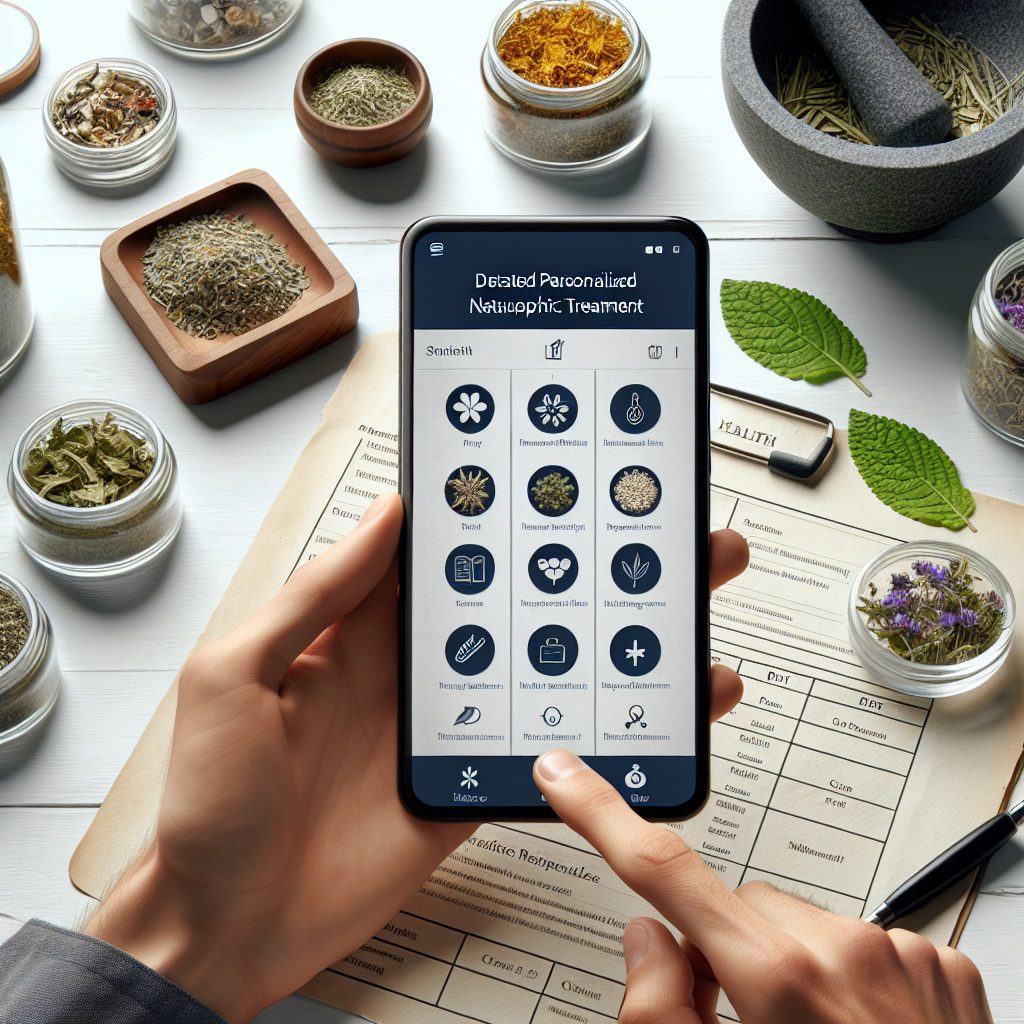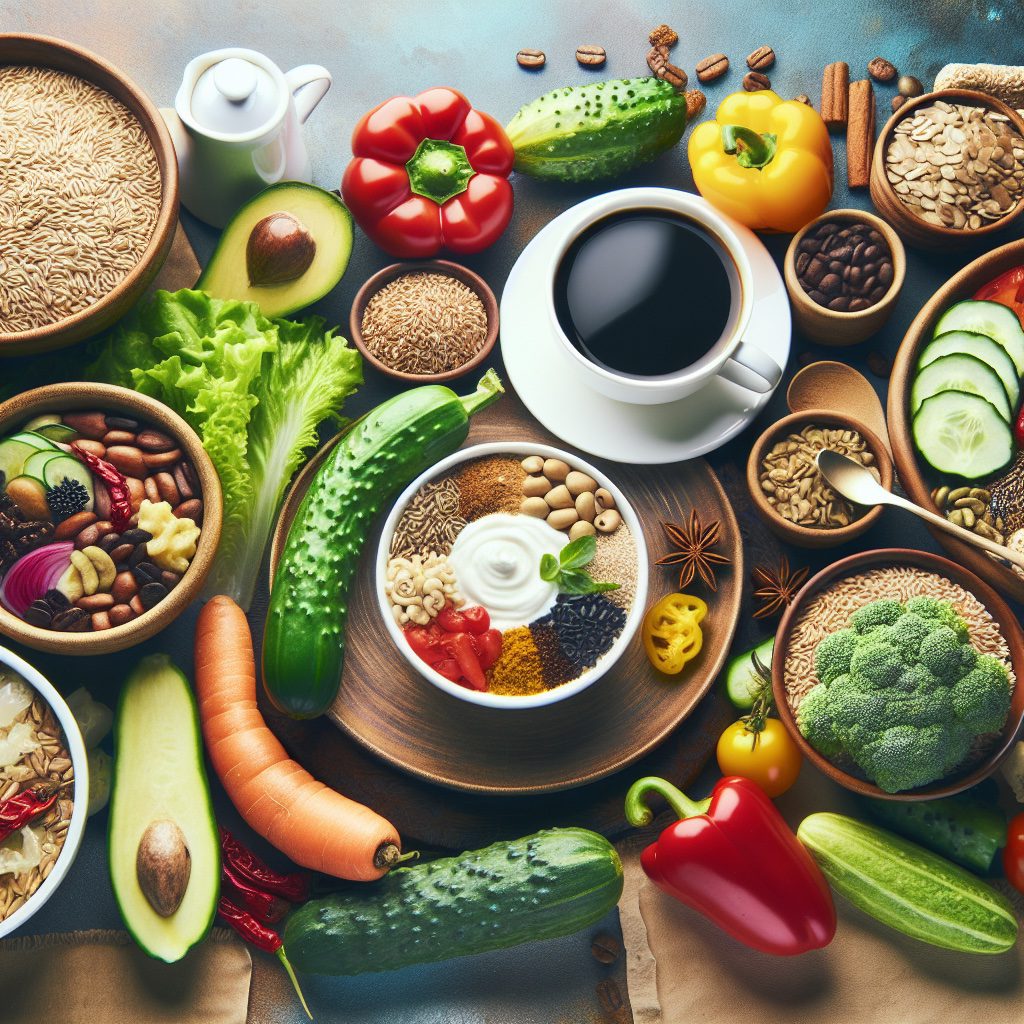In the kitchens of our great-grandmothers, medicine wasn’t something that came exclusively in bottles from a pharmacy. It was hanging in bunches from the ceiling, simmering in soups on the stove, and growing in gardens outside the window. Long before pharmaceuticals dominated healthcare, our ancestors understood the profound connection between what we eat and how we feel. This intuitive knowledge—that food could heal, prevent illness, and restore balance—wasn’t considered alternative medicine. It was simply medicine.
Today, we’re witnessing a remarkable shift in modern healthcare as the medical establishment rediscovers this ancient wisdom. The concept of “food as medicine” is gaining unprecedented traction within conventional healthcare systems, representing not so much a revolution as a remembering of what our great-grandmothers practiced as common sense.
The Revival of Ancient Wisdom in Modern Healthcare
The food as medicine approach recognizes that what we eat plays a fundamental role in our health outcomes. This isn’t a new discovery—Hippocrates famously advised, “Let food be thy medicine and medicine be thy food” over 2,400 years ago. What’s changing is the scientific validation and systematic integration of these principles into our healthcare frameworks, similar to how Eastern medicine secrets are transforming modern life through holistic health principles.
Our great-grandmothers didn’t need clinical trials to tell them that chicken soup eased cold symptoms, that ginger settled an upset stomach, or that fermented foods supported digestion. They passed down this knowledge through generations, creating food traditions that subtly incorporated medicinal benefits into daily meals.
Now, modern research is catching up, confirming what traditional cultures worldwide have long practiced. Studies consistently show that whole, minimally processed foods can significantly reduce the risk of chronic diseases like diabetes, heart disease, and even cognitive decline. The evidence has become too compelling for the medical establishment to ignore, especially when examining herbal medicine traditions that have been healing us long before modern medicine existed.
Food as Medicine Programs Transform Healthcare Delivery
Healthcare systems are increasingly implementing food as medicine initiatives, creating a bridge between clinical care and nutritional interventions. These programs range from medically tailored meals delivered to patients’ homes to culinary medicine classes taught in medical schools.
The newly established Food is Medicine National Network of Excellence marks a significant milestone in this movement, aiming to expand and standardize nutrition-based healthcare practices across the country. Hospitals are opening teaching kitchens, insurance companies are covering nutritional counseling, and doctors are writing “prescriptions” for fruits and vegetables.
The therapeutic properties of food are proving particularly valuable in managing chronic conditions. For diabetes patients, personalized nutrition therapy helps control blood sugar more effectively than medication alone. Heart disease patients see impressive improvements in cardiovascular markers through diet modifications. Even conditions like inflammatory bowel disease and rheumatoid arthritis show measurable responses to specific dietary protocols.
Recent research findings support these interventions. A landmark study published in the New England Journal of Medicine found that Mediterranean diet supplemented with olive oil or nuts reduced the risk of major cardiovascular events by approximately 30% among high-risk individuals. Another study demonstrated that medically tailored meals reduced healthcare costs by 16% while significantly improving quality of life for chronically ill patients.
The immune system, our body’s primary defense mechanism, also responds robustly to dietary changes. Nutrient-rich diets high in fruits, vegetables, healthy fats, and fermented foods enhance immune function—something our ancestors understood intuitively when they insisted on seasonal eating and traditional food preparation methods that preserved nutritional value.
The Economic Imperative for Food as Medicine
Beyond the obvious health benefits, the economic impact of integrating food as medicine into healthcare systems presents a compelling case for wider adoption. Poor nutrition currently costs the U.S. economy an estimated $1.1 trillion annually in healthcare expenses and lost productivity—a staggering figure that cannot be sustained.
By contrast, investments in food as medicine interventions consistently demonstrate positive returns. Studies show that medically tailored meal programs for people with complex chronic conditions can reduce healthcare costs by up to 16%, primarily by reducing expensive hospitalizations and emergency department visits. A recent projection suggests that implementing these programs nationwide could generate net cost savings in almost all 50 states.
For insurers and healthcare systems, the math is becoming increasingly clear. When UnitedHealthcare piloted a healthy meal delivery program for patients with congestive heart failure, they saw a 27% reduction in hospital admissions compared to a control group. The return on investment for such programs often becomes apparent within months, not years.
However, the economic benefits can only be fully realized when nutritious food is accessible to all populations, particularly those most vulnerable to diet-related diseases. Food insecurity and poor nutrition disproportionately affect low-income communities, creating a cycle of chronic illness and increased healthcare costs. Breaking this cycle requires systemic approaches that address food access alongside medical interventions.
Several innovative models are emerging to tackle this challenge. Food pharmacies located within healthcare facilities provide fresh produce and nutrition education to patients with diet-related conditions. Produce prescription programs enable doctors to “prescribe” fruits and vegetables with vouchers for redemption at farmers’ markets or grocery stores. These approaches transform food from an everyday necessity into a powerful tool for health equity, much like Eastern wisdom reveals specific foods that can power your day without crashes.
Building Resilient Health Systems Through Nutrition
The COVID-19 pandemic sharply highlighted the vulnerability of our healthcare systems and the critical role of nutrition in population health. Countries with higher rates of diet-related chronic diseases experienced more severe outcomes from the virus, underscoring how food choices impact systemic resilience.
Integrating food as medicine into healthcare preparation can strengthen our ability to withstand future public health crises. A population with stronger baseline health due to better nutrition will naturally be more resilient against infectious diseases and environmental stressors—something our great-grandmothers might have expressed simply as “keeping your body strong.”
This integration also necessitates reshaping our food production systems to prioritize health outcomes alongside profit margins. The current industrial food system efficiently produces calories but often at the expense of nutrient density and environmental sustainability. A food as medicine approach requires agricultural practices that enhance the nutritional quality of food while reducing environmental impact—again echoing our ancestors’ more regenerative farming methods. This aligns with ancient Eastern secrets to living fully while treading lightly on Earth, where sustainability and wellbeing naturally intersect.
Several healthcare systems are pioneering this connection between health and sustainable food systems. Kaiser Permanente hosts farmers’ markets at their facilities and supports sustainable agriculture through their purchasing policies. The Cleveland Clinic has eliminated processed foods from patient meals and sources ingredients from local farms practicing sustainable agriculture. These initiatives recognize that human health is inseparable from the health of our food systems.
Empowering Patients Through Education and Collaboration
Perhaps the most transformative aspect of the food as medicine movement is its potential to shift power back to individuals in managing their health. While our great-grandmothers passed down culinary wisdom through kitchen apprenticeships and family meals, today’s patients often lack basic knowledge about nutrition and food preparation.
Patient education has emerged as a critical component of successful food as medicine programs. Teaching people how different foods affect their bodies, how to prepare nutritious meals on a budget, and how to navigate food choices in a complex food environment empowers them to make informed decisions. This education isn’t about prescribing rigid diets but about developing a relationship with food that supports overall wellbeing.
Effective implementation requires collaboration across sectors that have traditionally operated in silos. Healthcare providers need to work alongside nutritionists, community organizations, food producers, and policymakers to create cohesive approaches. When these stakeholders align their efforts, the result is a more integrated system that supports health at every level—from the soil where food is grown to the cells in our bodies.
Several pioneering programs demonstrate the power of this collaboration. The Teaching Kitchen Collaborative brings together healthcare institutions, universities, and corporate entities to develop and share best practices for culinary literacy. The Food is Medicine Coalition unites nonprofit medically tailored meal providers with researchers and healthcare systems to advance research and policy. These collaborative efforts amplify impact beyond what any single organization could achieve alone.
The Future of Food as Medicine: Bridging Ancient Wisdom and Modern Innovation
As we look forward, the food as medicine movement stands at an exciting crossroads where ancestral wisdom meets cutting-edge research. The principles that guided our great-grandmothers’ cooking—seasonality, whole foods, traditional preparation methods—are being validated by modern science and enhanced with new technologies.
Ongoing research continues to deepen our understanding of how specific foods and dietary patterns affect health outcomes. Emerging fields like nutrigenomics and the microbiome are revealing how foods interact with our genes and gut bacteria, opening possibilities for increasingly personalized nutrition approaches that consider a food’s energetic properties beyond just calories and nutrients.
Policy changes will be crucial for broader implementation. Medicare and Medicaid have begun testing coverage for medically tailored meals, and the 2023 White House Conference on Hunger, Nutrition, and Health highlighted food as medicine as a national priority. As evidence for cost savings and health benefits accumulates, more comprehensive policy support seems inevitable.
This evolution in healthcare aligns perfectly with HerbalsZen’s philosophy of bridging Eastern wisdom with modern technology for personalized wellness. Like the food as medicine movement, HerbalsZen recognizes that true health emerges when we honor both ancient knowledge and contemporary science—when we understand that each person has unique needs that change with seasons and life circumstances.
The AI-powered “Food Wisdom Master” from HerbalsZen exemplifies this bridge, translating complex traditional nutrition principles into accessible guidance tailored to individual body constitutions and seasonal influences. This approach echoes the intuitive wisdom of our great-grandmothers while harnessing technological innovation to make it relevant for today’s world.
As modern healthcare continues to embrace food as medicine, we come full circle to a truth our ancestors never forgot: that nature provides powerful healing through the foods we eat. The kitchen and garden once again become extensions of the medicine cabinet, and meals become opportunities for healing. In this reunion of ancient wisdom and modern practice, we find a more balanced approach to health—one our great-grandmothers would surely recognize and approve.




